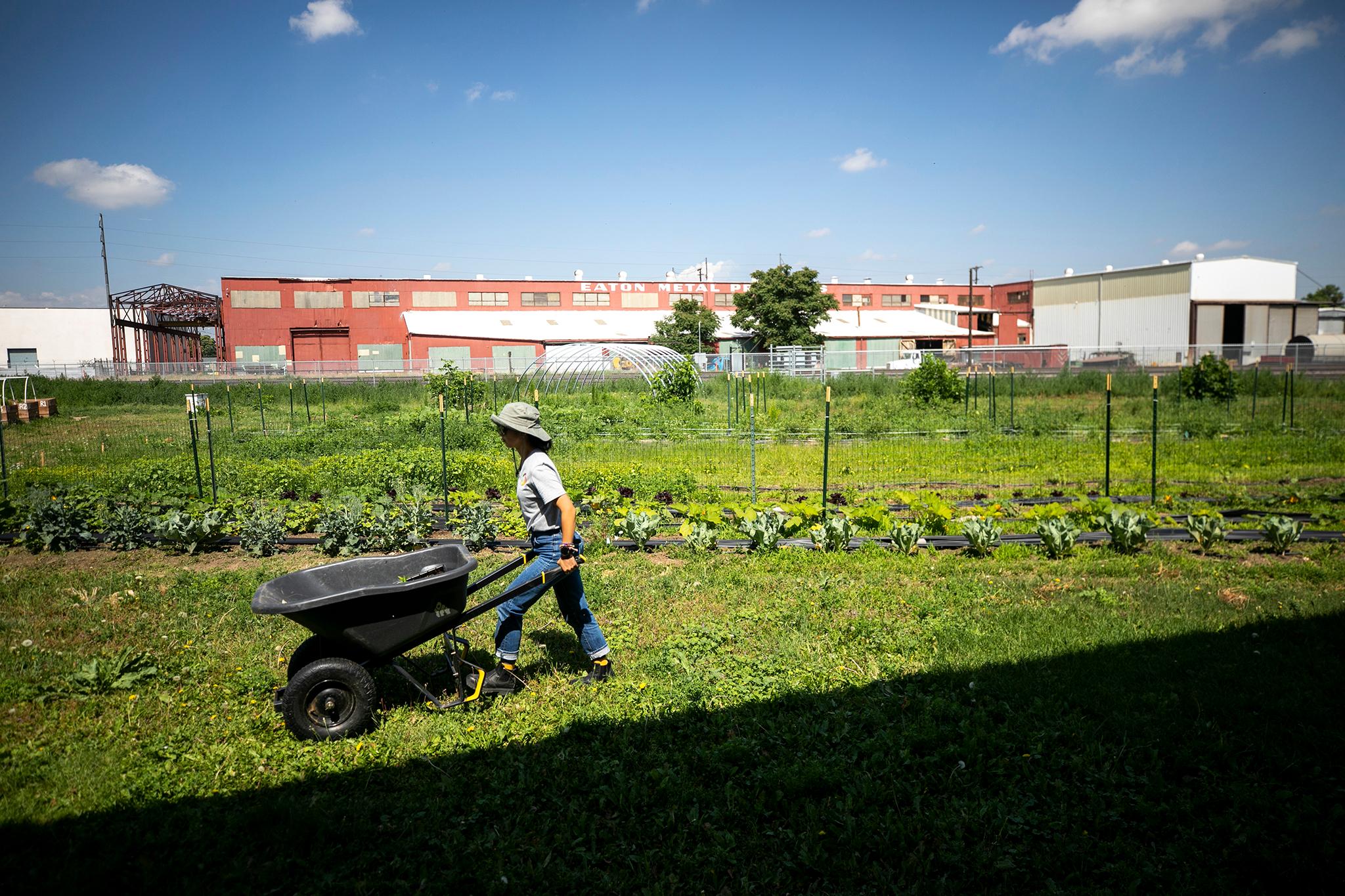On a corner lot in Elyria-Swansea, where a road curves to make way for railroad tracks and an industrial lot, sits a kind of urban farming oasis.
Rows of purple cauliflower, stalks of brussels sprouts, and growing squash line the land as buzzing bee hive hangs off to a side. The greenery stands in stark contrast to the black train carts that slowly chug along carrying oil on any given day. The vegetation and crops smell so fresh that they almost block out odor spewing from the nearby pet food factory.
In that corner of urban paradise is Focus Point Family Resource Center's community farm, where neighborhood residents can learn how to grow and harvest produce that some are eventually able to sell through the Huerta Urbana Farmers' Market, a weekly community event meant to foster entrepreneurship and increase food access.
The Huerta Urbana program is put on by Focus Point, a nonprofit that offers supportive services such as adult education, early childhood education and mental health classes.
The group also offers wealth building and entrepreneurial programs, like the Comal Heritage Food Incubator, a culinary social enterprise program that teaches participants, specifically immigrants and refugees seeking to become food entrepreneurs, cooking and business skills.
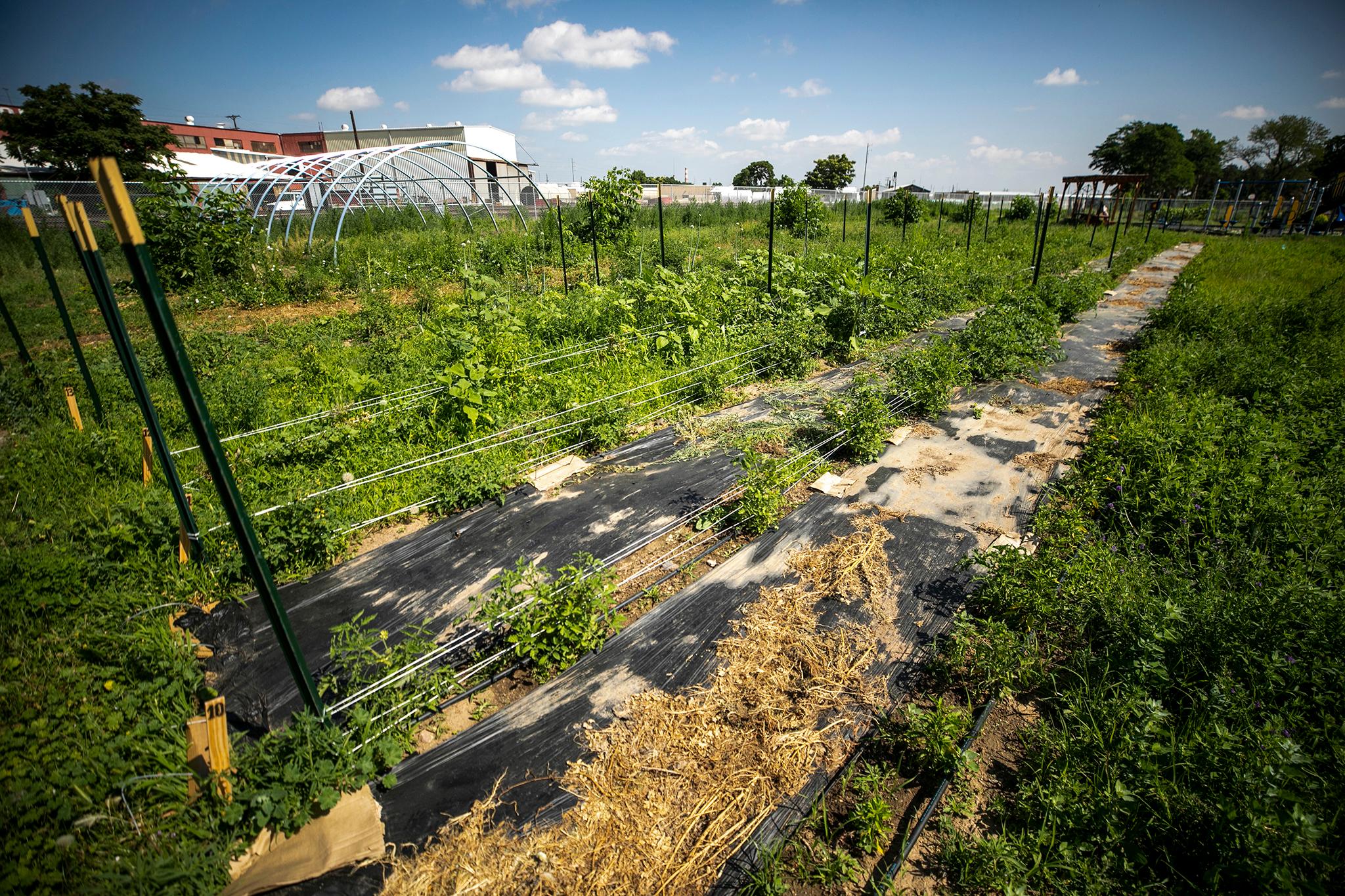
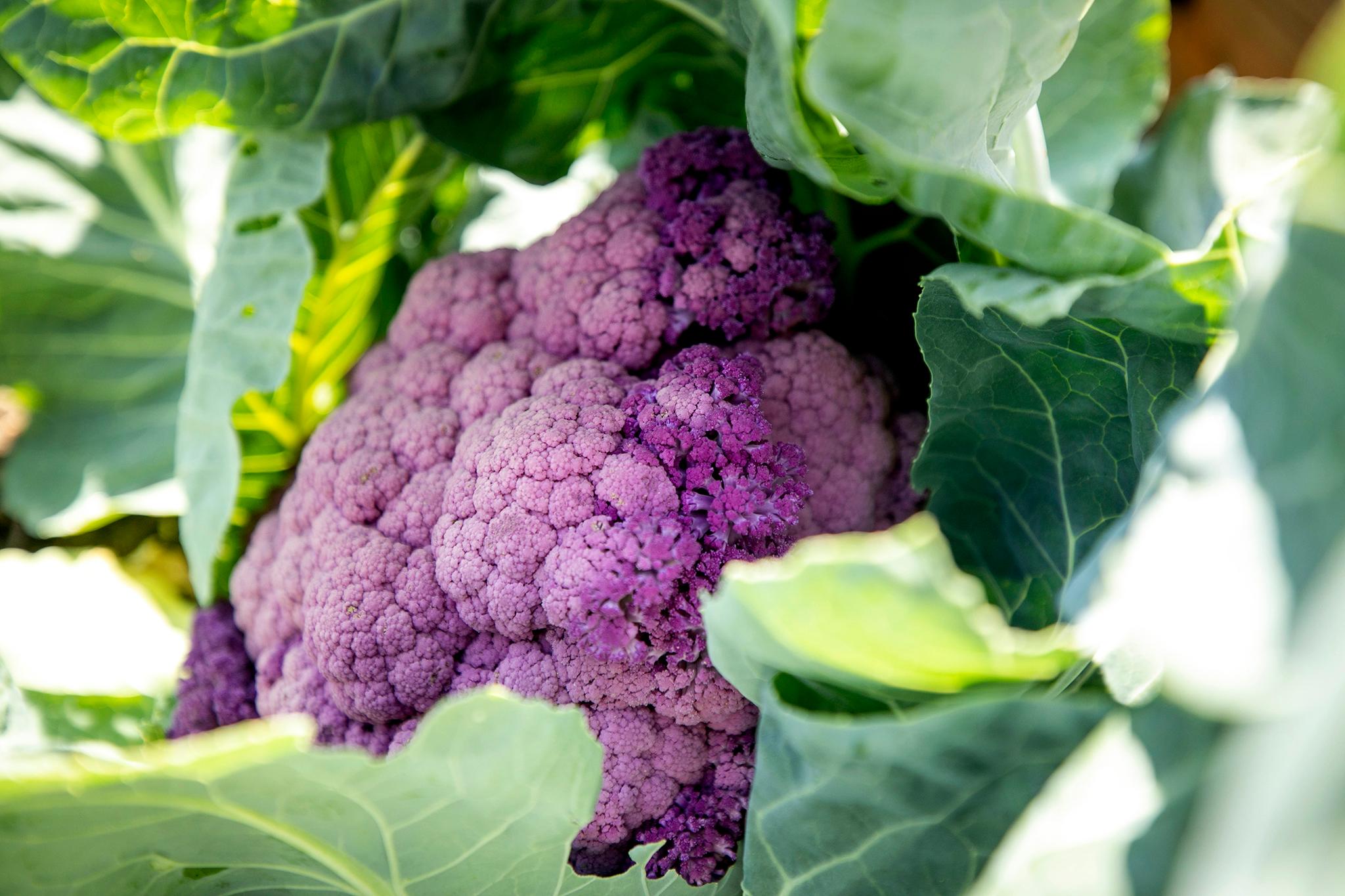
The Huerta Urbana market is open to all and is a pay-what-you-can experience.
For market goers in need, Focus Point also offers market bucks, Monopoly-like money visitors can use to pay for products. The nonprofit reimburses vendors for products bought with market bucks with real money from public food assistance programs.
The market is scheduled to take place every Friday until October from 2-6 p.m. in the Focus Point parking lot at 2501 East 48th Ave.
On a recent sunny and blistering Friday, late in the afternoon, Elizabeth Dikeman was making the rounds around what stands were left. There was one person selling stunning flowers in a variety of colors. Kids were drawing at a table under a tent.
Dikeman visited the East Denver Food Hub stand, which was selling crunchy snap peas and onions the size of baseballs.
Dikeman has participated in the Huerta Urbana program, but she's taking a break from farming while she cares for her newborn. Dikeman said she'd recommend the program to anyone looking to learn a new skill and gain access to healthy and affordable produce.
"Food is health and wealth," Dikeman said. "We need healthy things...Some people can't get to food sources around here. So when everybody comes together and they can share food and resources, it's amazing."
Sustainability is the number one goal of the Huerta Urbana program, whether that be financially through a business or achieving food security thanks to a backyard garden.
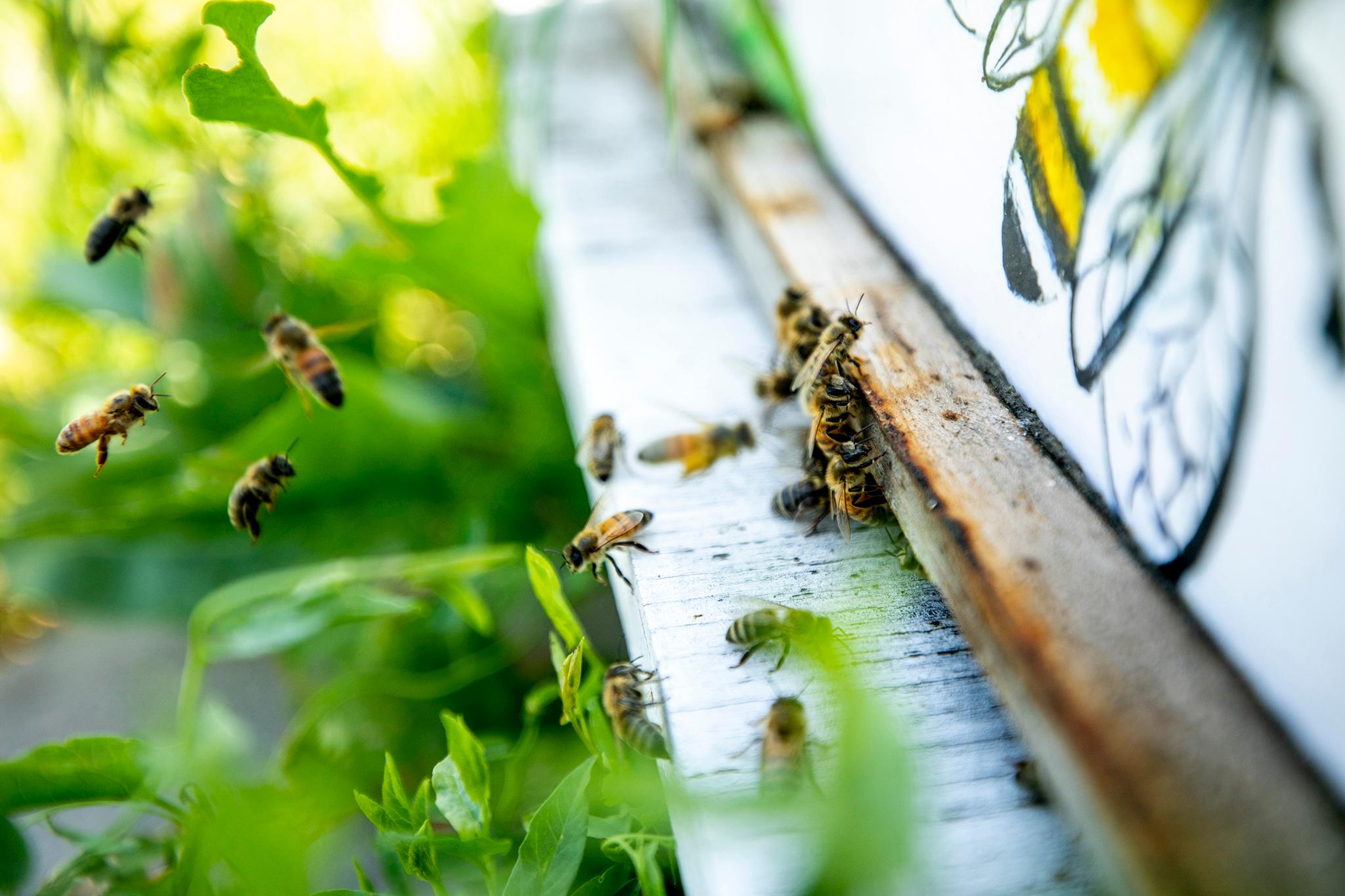
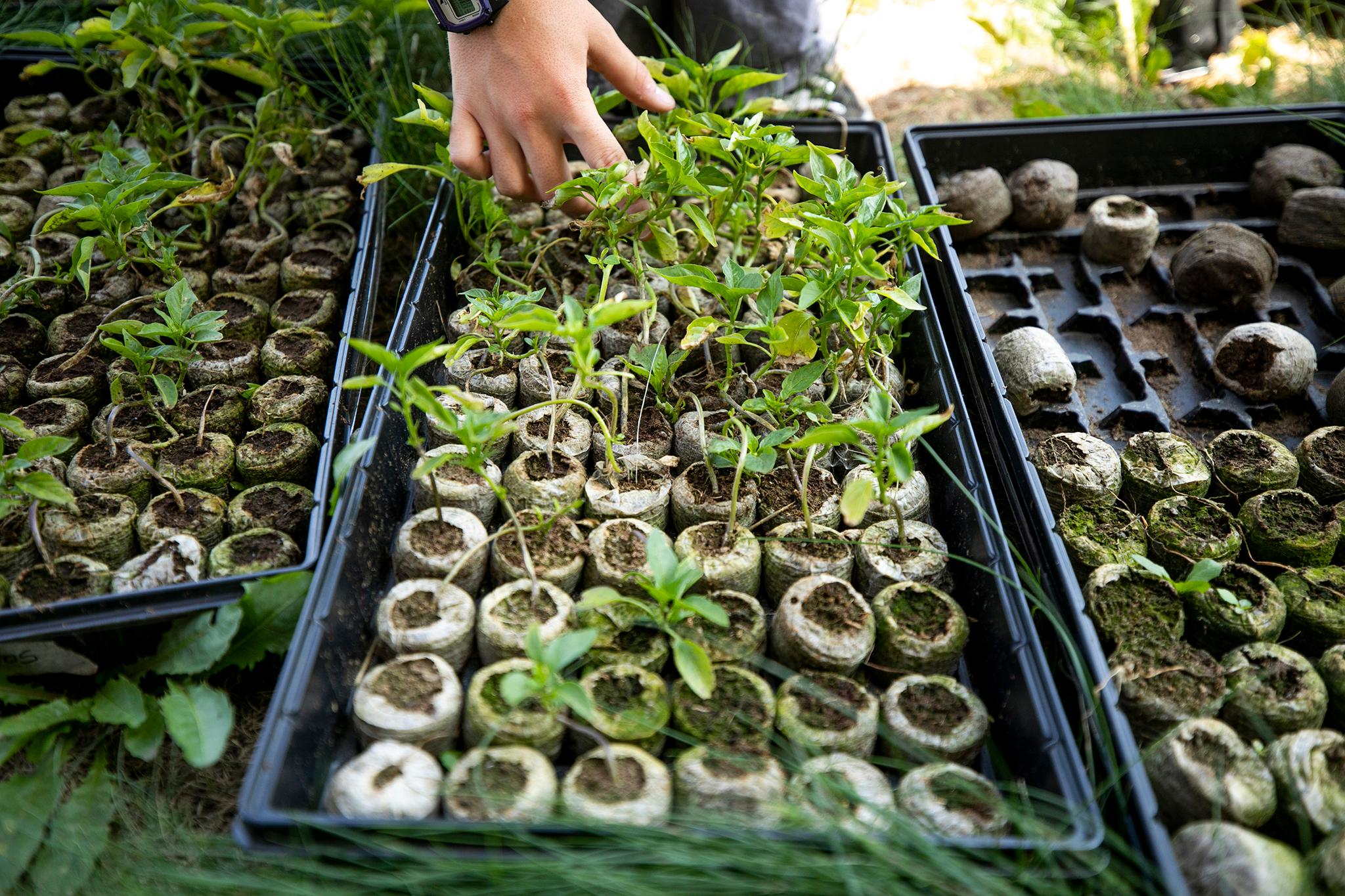
For many families in Elyria-Swansea, having a backyard garden is essential to their cooking needs, especially since the neighborhood is considered a food desert. According to the United States Department of Agriculture, an area is considered a food desert when at least 500 people, or 33% of the area population, lives more than one mile away from a supermarket or large grocery store.
There's also a matter of cost.
Having backdoor access to healthy foods alleviates the stress of finding culturally relevant produce and paying for it. Many nonprofits in the area focus on food security including GrowHaus.
"I would love for a market to be here or a shopping center because that's also important. We can't grow cereal...but at least the basics we can get down and we're not spending thousands of dollars just to obtain one tomato," said Karen Bustillos, the farmers' market manager. "Our farm is bringing produce to the community. It doesn't solve everything but it's giving residents more access. The community can't succeed without access...It's part of sustainability and just being able to be dependent on one's own and it makes the community feel better about themselves."
Besides putting food access in the palms of participants' hands, there's also the financial benefits and prospective entrepreneurial side of the program.
Huerta Urbana is a two- to three-year program that teaches participants farming basics, how to design a plot, what to plant, when to harvest and how to distribute the product. Focus Point partnered with Colorado State University and the Denver Botanical Gardens to provide the educational aspects of the program. There's also skill building where participants learn about tools and woodworking.
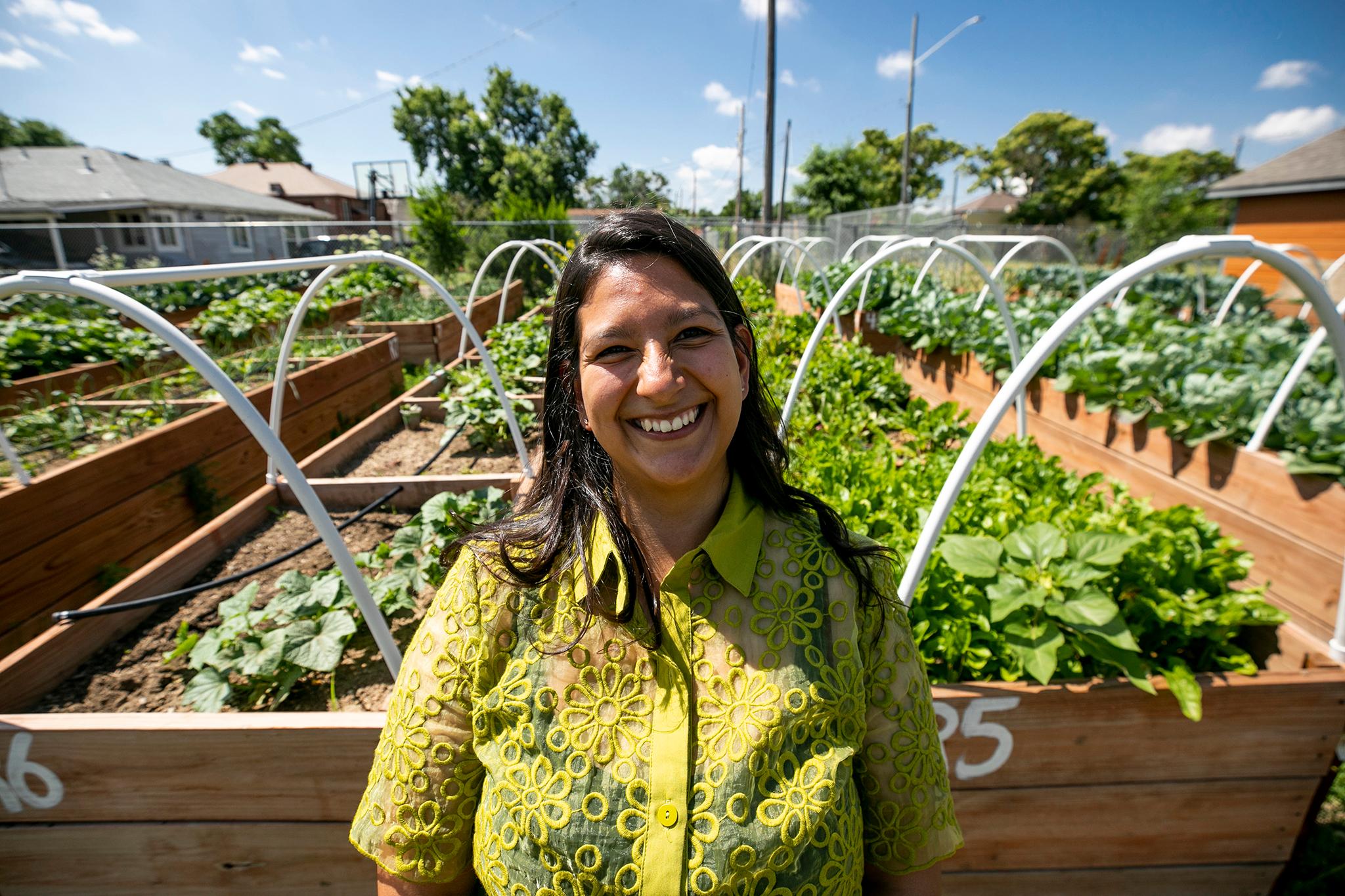
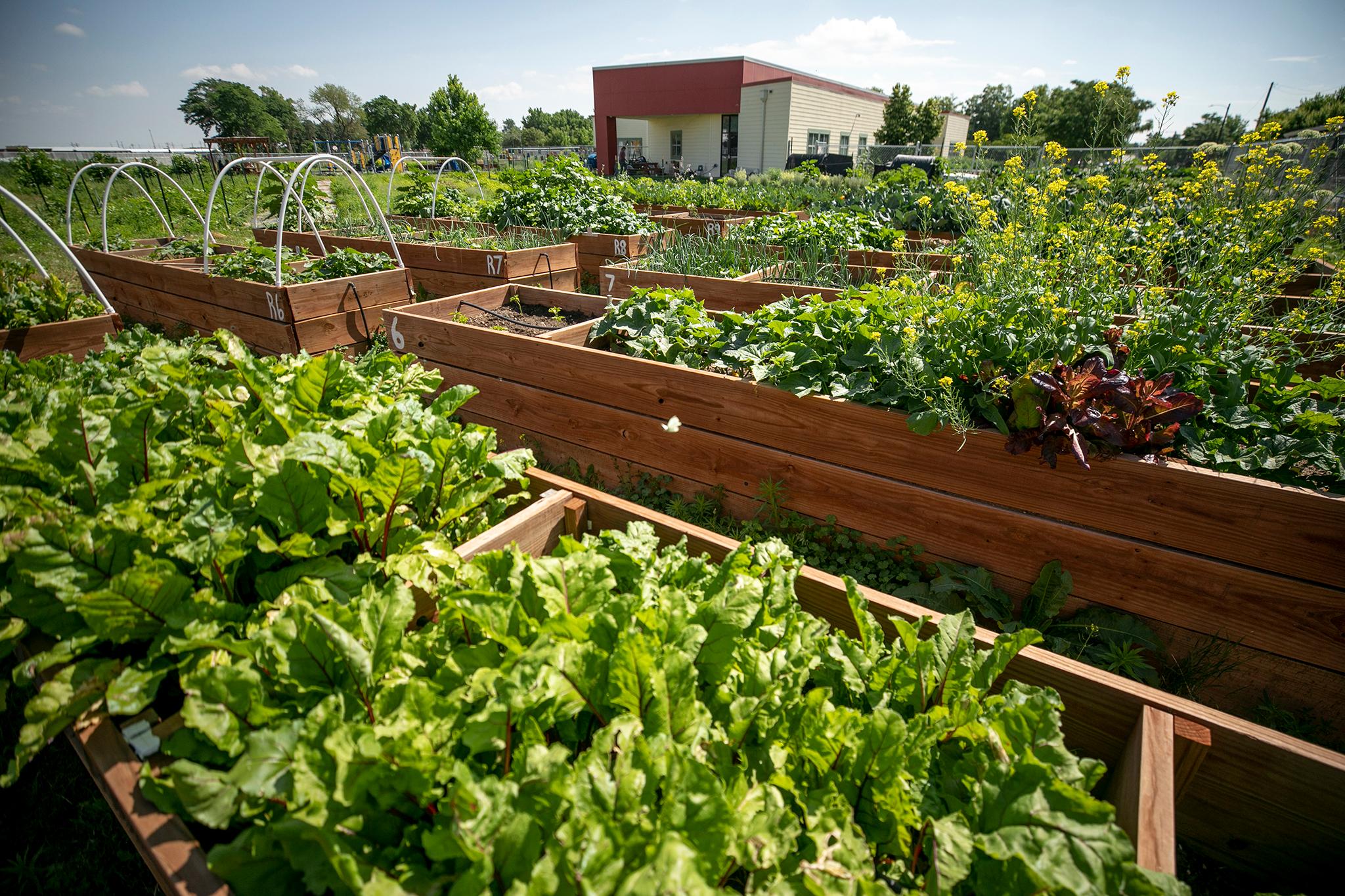
Then there's the business side. There's business development where participants lay out their mission statements, visions and plans, while learning about new resources and gaining farmers' market experience.
And finally, there's career planning where participants dive deeper into their entrepreneurial goals, creating a portfolio and learning how to market and brand their product.
During the program, participants receive a stipend. At the end, the cohort graduates with a CSU Beginner Market Farmer Training certificate.
While the end-goal is focused on participants learning how to grow and distribute food and eventually start a business in that same realm, Bustillos said that doesn't always happen and that's OK.
The business and managerial skills participants learn is translatable to many other fields.
"Ideas change," Bustillos said. "There's so many branches in agriculture that you can go, you don't necessarily have to be picking or seeding. There's the planning side of it. There's always consultations. So at least they get a firsthand experience on what that looks and they're able to translate it wherever, whatever path they take... Even if they don't want a business. Our goal is business because it helps sustain them and it helps their families but we're not forcing people to have businesses at the end of it. It's their path. It's their choice."
The farmers' market is one place Huerta Urbana participants can show off their skills and ultimately figure out if this path is for them. Bustillos said participants can sell their produce and learn how to navigate the farmers' market space by running a booth and speaking with customers.
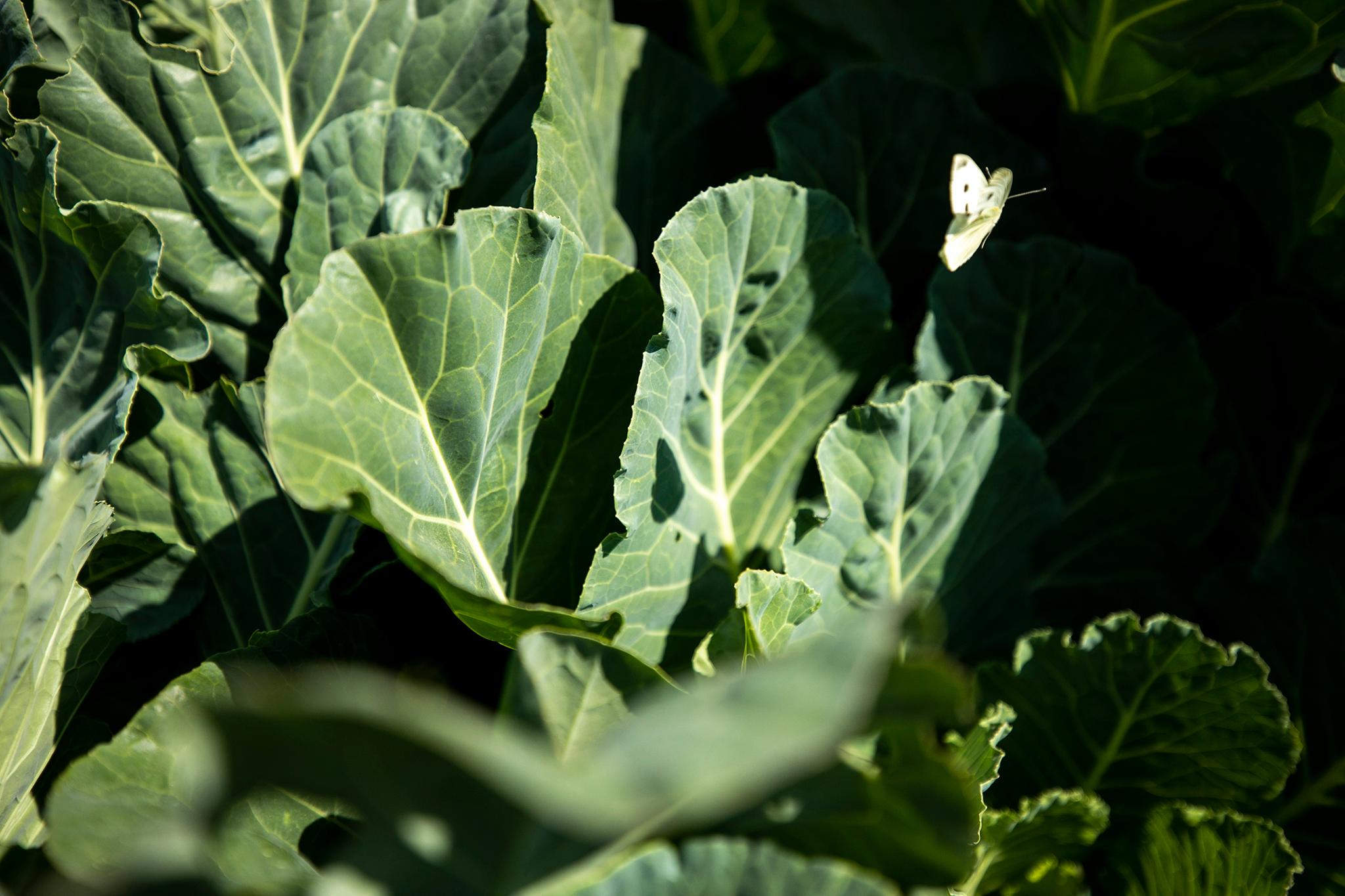
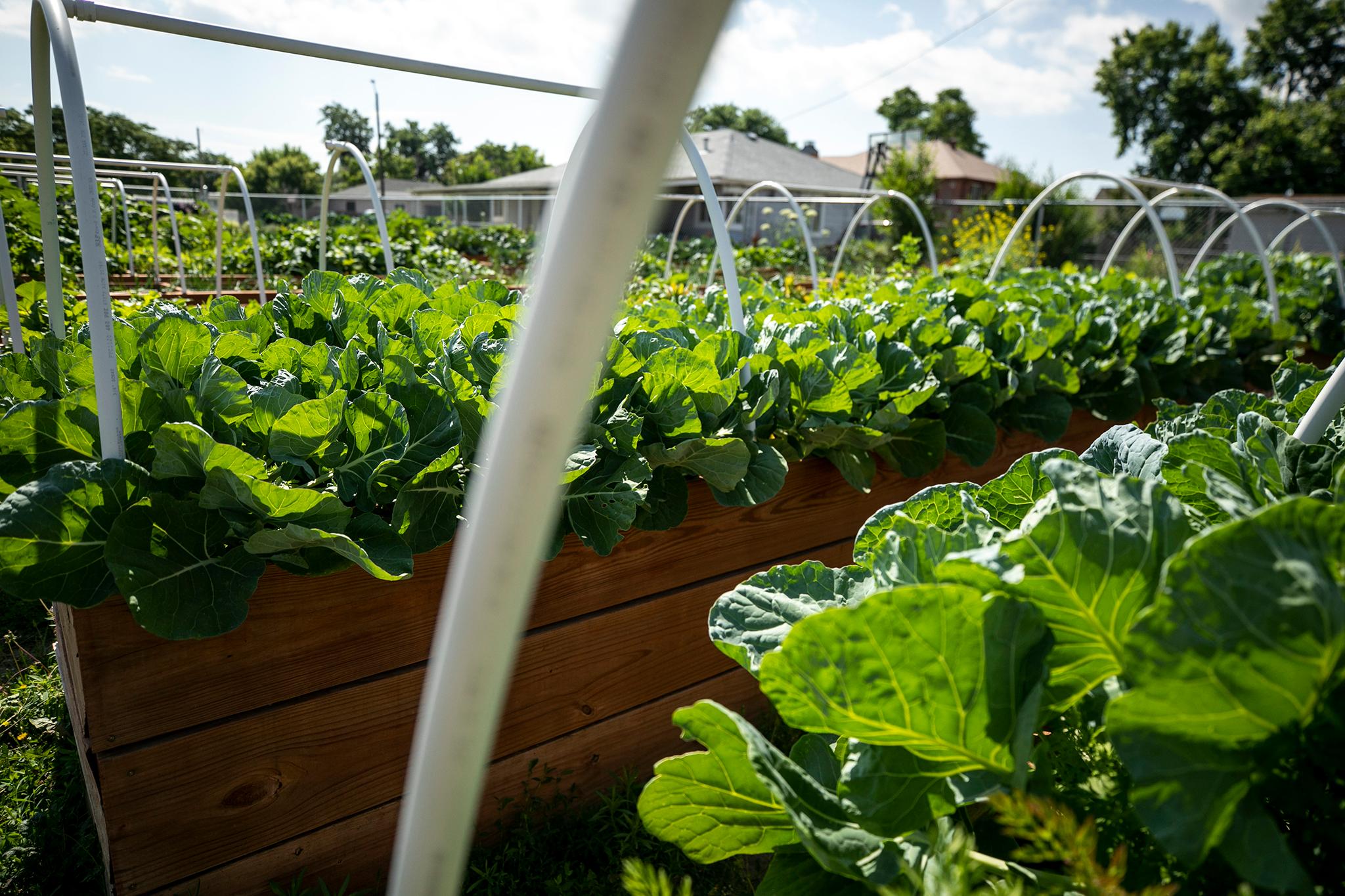
But the farmers' market isn't only for program participants.
Bustillos said Focus Point sources local vendors who are new to the business landscape and looking for a place to sell their goods. Focus Point has also partnered with the Rocky Mountain MicroFinance Institute, an entrepreneurial-focused nonprofit, to help find novice small businesses.
Bustillos said some of the local businesses include the Tortilla Project, which serves organic tortillas with flavors such as jalapeno spinach.
"Our space is also a learning space for a lot of these vendors," Bustillos said. "So that's kind of the focus. What is local? How are we still supporting the community with the vendors? There are a lot of small businesses that are trying to find their place and how to sell. So we open our space up for them to do that initial sale to our community and see how that goes."
Bustillos said if folks are in need of space to plant produce, Focus Point also runs a community gardener program. Families can rent out 10′ x 10′ garden plots to grow whatever they like. They can also take some classes to hone their gardening skills.
This initial program is where Huerta Urbana was born. Residents wanted more in-depth learning and were curious about how they could expand on the skills they learned in a financial way.
Bustillos said Focus Point, the farm and the farmers' market are open to anyone who is interested. She was once a participant and would encourage folks to get down in the dirt and see what they can accomplish.
It's liberating to know that if you need a bell pepper, a fresh one is two steps away from your kitchen. She added that there's a sense of pride in seeing a planted seed turn into sustenance for yourself or someone else. That pride comes in handy when you look past the green oasis into a neighborhood that gets forgotten sometimes.
"One of my favorite things to see from the participants is just like them pulling me into the farm and telling me 'Look what's coming out!'," Bustillos said. "It's such a beautiful thing and it just gives them so much pride and confidence in what they're doing...They're showing proof that this community is able to grow healthy food and it's not just an industrial site where people think there's nothing good coming out of that place. I don't know a lot of people that are happy about being next to a refinery but they are very happy that there is a farm that's actually feeding the community."


